What makes a startup story inspiring? It’s not just the money or the fame—although they don’t hurt! It’s the journey, the risks, and the clever solutions to problems that make these business successes shine. Some began in garages, others in rented apartments. They weren’t afraid to challenge old industries or embrace bold ideas.
This article explores 20 amazing startup stories that prove one thing: with the right mix of creativity, grit, and a bit of luck, success is within reach. Let’s dive in!
Tech Startups: Innovators from the past

Facebook: Linking the Globe
Mark Zuckerberg didn’t set out to create a business empire. Back in 2004, Facebook was just a way for Harvard students to connect. But within 24 hours of launching, over 1,000 users signed up. The simple concept quickly turned into a global phenomenon, connecting people from all walks of life.
Facebook’s focus on user experience and adaptability drove its growth. Remember when they bought Instagram for $1 billion in 2012? That wasn’t luck—it was strategy. Today, Facebook is part of Meta, a company worth $727 billion (2024). It’s more than just a social platform; it’s a tool for businesses, entrepreneurs, and even political campaigns.
If you’re dreaming of starting your own tech startup, let this remind you: small ideas can grow big, fast. All it takes is the right audience and relentless determination.
Airbnb: From Air Mattresses to an Empire Comprising $100 Billion
Imagine starting a business with air mattresses. Sounds crazy, right? But that’s exactly what Brian Chesky and Joe Gebbia did in 2007 when they rented out space in their San Francisco apartment.
Fast forward, Airbnb is a $100 billion company that disrupted the traditional hotel industry. By giving travelers access to affordable, unique accommodations and homeowners a chance to earn extra income, Airbnb created an entirely new market.
One secret to their success? They solved a real problem. Hotels are expensive, but finding affordable lodging isn’t always easy. Airbnb bridged that gap with trust-based services and reviews. Now, with millions of listings in nearly every country, they’ve become a household name.
The lesson? Even the craziest ideas can become business successes if they solve real problems and connect people.
Uber: Changing Our Mode of Transportation
Frustrated with trying to hail a cab in Paris, Travis Kalanick and Garrett Camp thought, “There has to be a better way.” In 2009, they launched Uber, a simple app that made getting a ride as easy as tapping your phone.
Uber faced plenty of challenges, from regulatory battles to competition. But they didn’t back down. By putting convenience first and creating a business model that let anyone with a car earn money, they revolutionized transportation.
Today, Uber operates in 72 countries and has a valuation of $75 billion. The app expanded beyond rides, offering food delivery (Uber Eats), electric bikes, and even freight services.
What can we learn? Successful startups don’t avoid problems—they solve them. And when you solve something people care about, business success follows.
Canva: Democratising Design
Graphic design used to be complicated and expensive. Not anymore. Melanie Perkins, an Australian teacher, changed everything with Canva in 2012.
Her goal was simple: make design accessible to everyone. Whether you’re a student, marketer, or small business owner, Canva provides tools to create stunning visuals—no experience required.
What sets Canva apart? They listen to users. Over 135 million people use Canva because it’s easy, affordable, and constantly evolving. With templates for everything from social media posts to presentations, Canva empowers individuals and businesses to look professional without spending a fortune.
If you’re building your startup, take notes from Canva: focus on simplicity, usability, and giving people what they need. That’s how you turn an idea into a $26 billion company.
E-commerce Startups: Redefining Retail
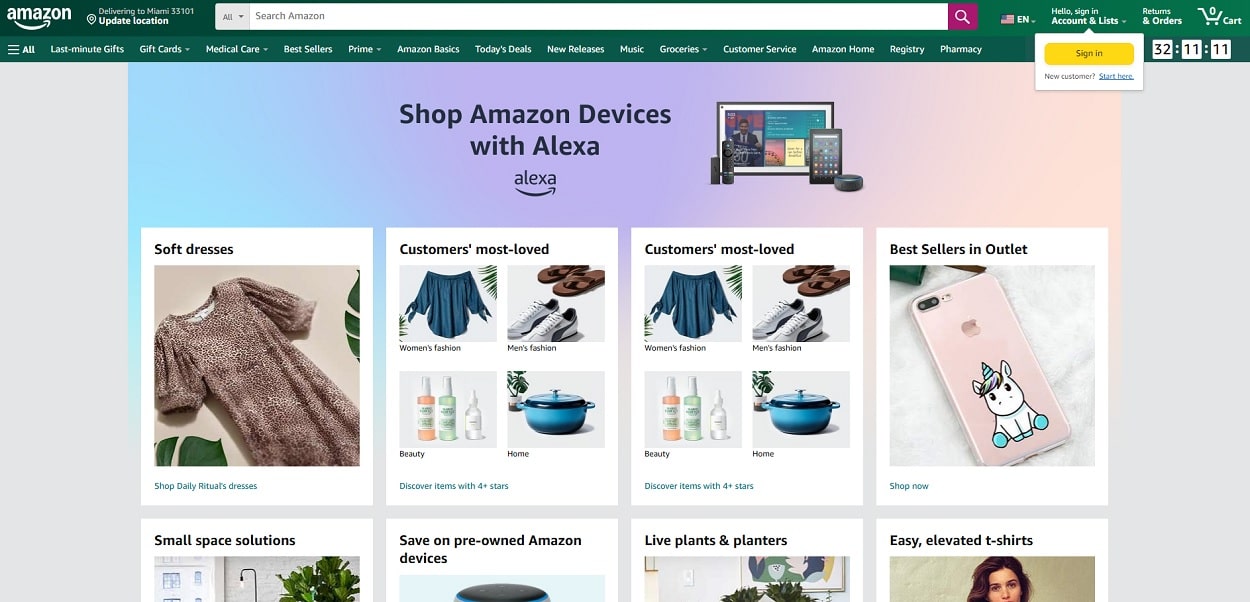
Amazon: From Books to All Around Us
Back in 1994, Jeff Bezos had one big idea: sell books online. He started Amazon from his garage, focusing on customer satisfaction and fast delivery.
But Bezos didn’t stop there. By diversifying into electronics, clothing, and even groceries, Amazon became the go-to platform for almost anything. Today, it’s worth $1.4 trillion, serving millions of customers daily.
What makes Amazon a success? It’s all about constant innovation. From one-click ordering to AI-driven product recommendations, Amazon keeps raising the bar. Their Prime membership program, offering free shipping and streaming, has over 200 million subscribers worldwide.
Starting your e-commerce business? Learn from Bezos: start small, listen to customers, and always think ahead. Your garage idea could be the next global success.
Shopify: Giving Business Owners More Authority
When Tobias Lütke and Scott Lake founded Shopify in 2006, they wanted to make selling online simple. And they nailed it.
Shopify is now home to over 4.5 million online stores, helping small businesses and entrepreneurs sell their products effortlessly. From clothing brands to handmade goods, anyone can start an e-commerce site with Shopify’s tools.
What’s the secret? Flexibility. Shopify lets users customize their stores, track analytics, and even manage inventory. In 2023, merchants generated $197 billion in sales using Shopify.
If you’re dreaming of starting your own online store, Shopify shows that small businesses can thrive with the right tools.
Etsy: Entrepreneurship Combining Business with Creativity
Not every e-commerce startup is about big corporations. Etsy proved that creativity sells.
Launched in 2005 by Rob Kalin, Etsy became the go-to marketplace for handmade and vintage goods. Whether it’s jewelry, art, or custom furniture, Etsy connects creators with buyers who appreciate unique products.
By 2024, over 5 million sellers reached 96 million customers globally. What’s the secret? Etsy emphasizes community and sustainability, values that resonate with modern consumers.
Starting your own creative business? Platforms like Etsy make it possible to turn hobbies into income. Who says art can’t pay the bills?
Startups in Food & Beverage: Changing Our Diet
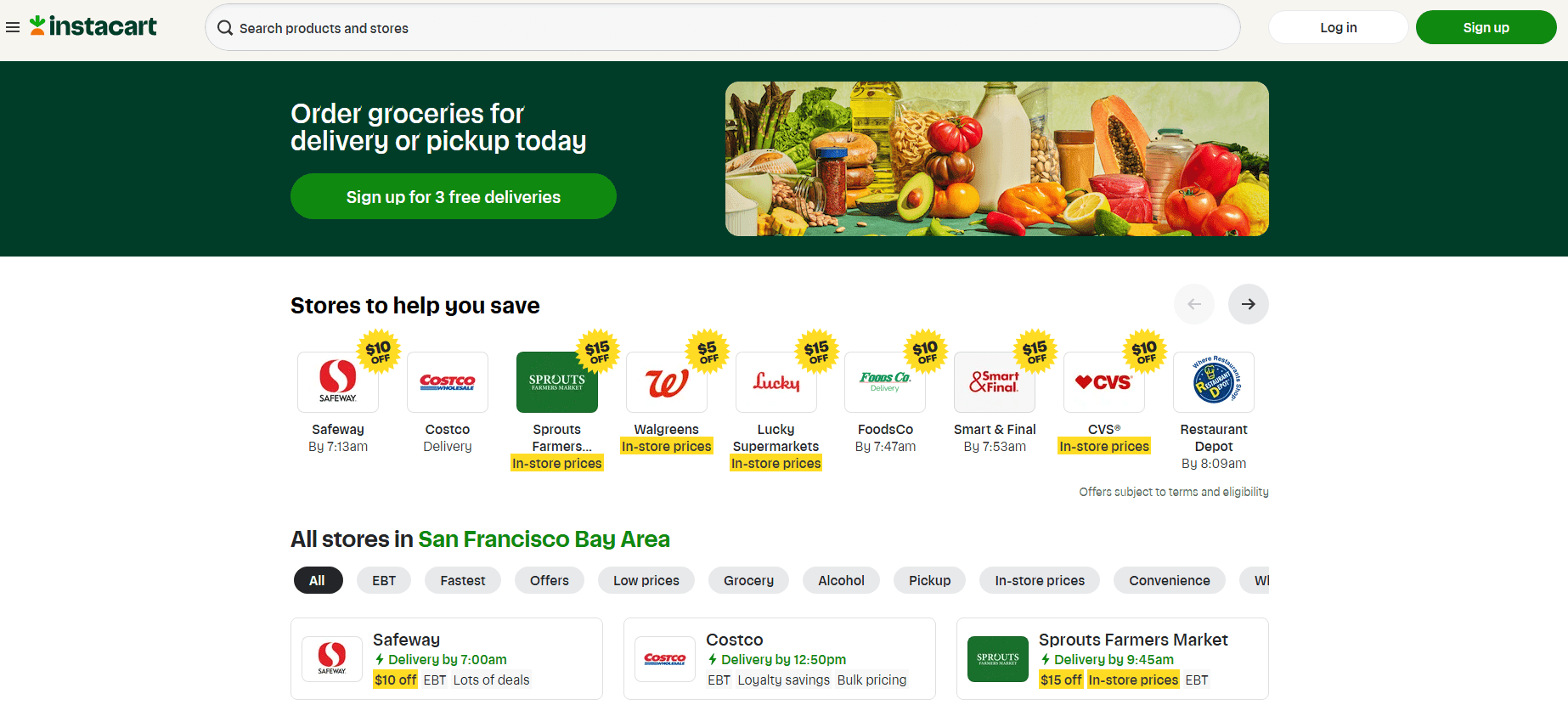
Instacart: Grocery Shopping, Simplified
Apoorva Mehta hated grocery shopping. Instead of complaining, he built Instacart in 2012.
By partnering with grocery stores, Instacart allows users to shop online and get their items delivered within hours. During the pandemic, Instacart became a lifeline for millions, growing its valuation to $15 billion.
What sets it apart? Speed and convenience. Instacart taps into a simple truth: people will pay for saved time.
So, if your startup solves a common hassle, it might just be the next big thing.
Impossible Foods: A Future in Healthier Living
Pat Brown left his career as a biochemistry professor to create Impossible Foods in 2011.
His mission? Save the planet with plant-based meat alternatives that taste like the real thing. Fast forward, Impossible Foods is worth $10 billion and partners with major restaurants like Burger King.
What makes this business a success? It combines sustainability, innovation, and a growing demand for eco-friendly food.
If your startup can align with global trends, you’re already halfway to success.
FinTech Startups: Improving Cash Flow Management
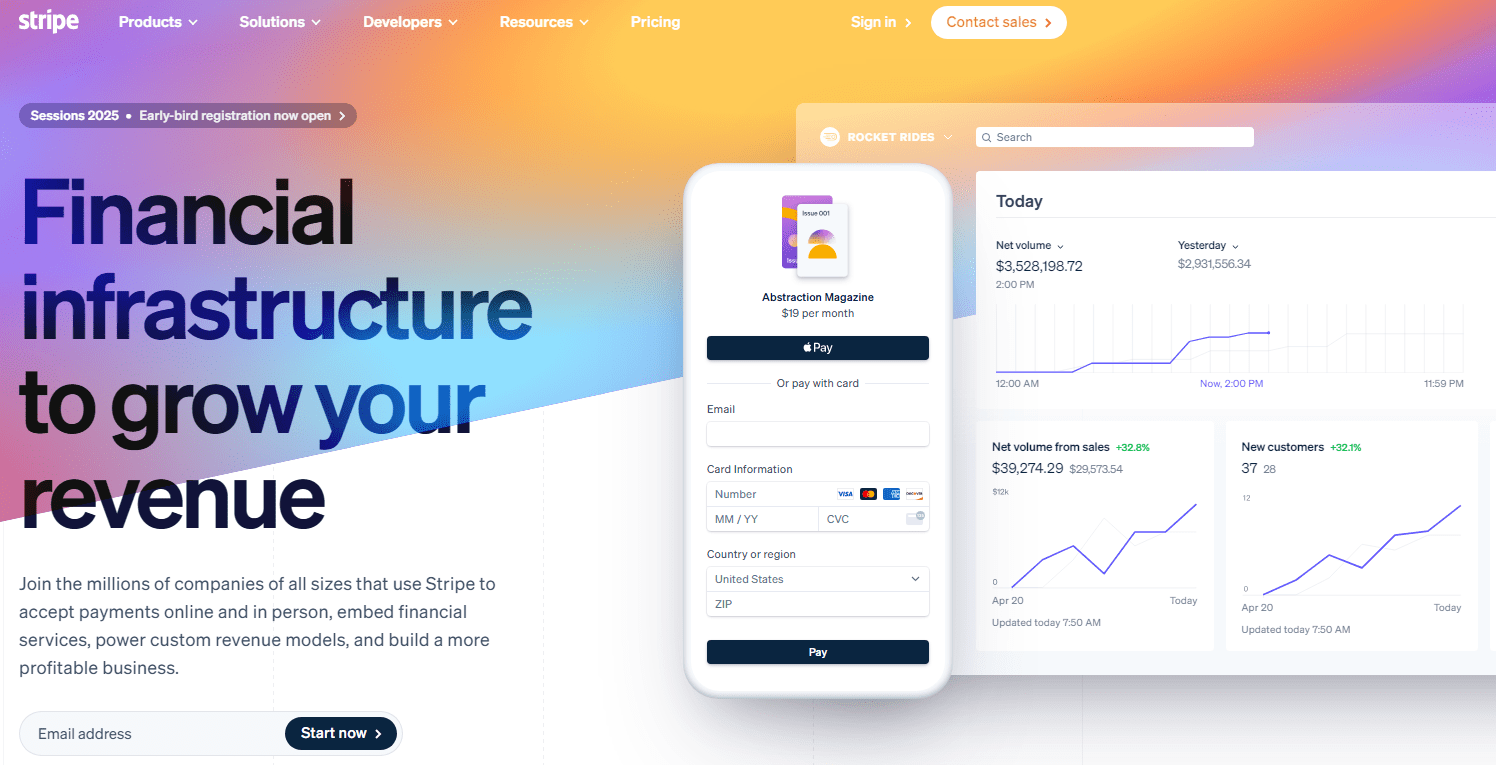
Robinhood: Investing for Everyone
Why should investing be complicated? That’s what Robinhood’s founders, Vlad Tenev and Baiju Bhatt, asked in 2013.
Robinhood made stock trading simple, free, and accessible to beginners. By 2023, over 15 million people were using the app. Their “zero commission” model disrupted the financial industry, showing that democratizing finance pays off—literally.
If your business can remove barriers for customers, success is almost guaranteed.
Stripe: streamlining Brother Payments
Brothers John and Patrick Collison created Stripe in 2010 to make online payments easier for businesses.
From startups to giants like Amazon, Stripe powers billions of dollars in transactions annually. Its seamless integration and user-friendly design made it an instant hit.
Starting your own FinTech company? Take inspiration from Stripe: solve a pain point and make it simple.
Startups in Health and Wellness with an Eye Toward Quality of Life
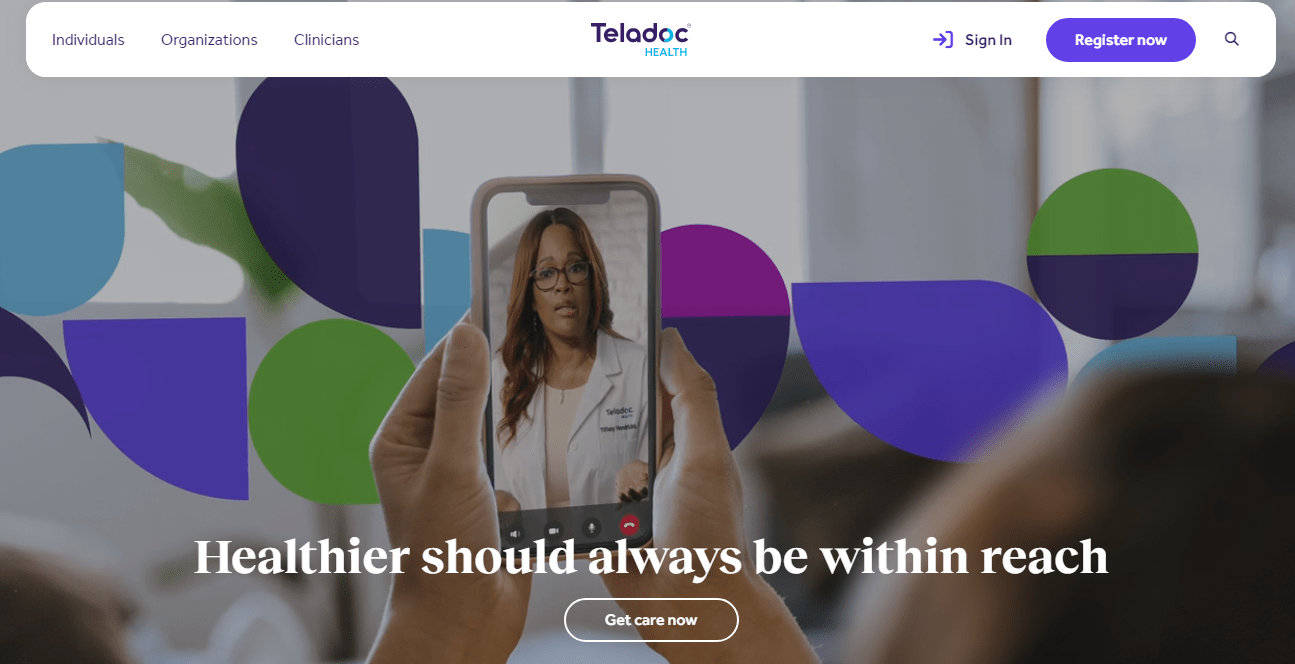
Teladoc: Medical Unleashed Without Restraints
Teladoc was ahead of its time, offering virtual doctor visits as early as 2002.
During COVID-19, telemedicine boomed, and Teladoc grew into a $10 billion leader in digital healthcare. Convenience and accessibility remain its core strengths.
This startup shows that being early to an industry can pay off big time.
Startups in Sustainability Help to Save the Earth.
Tesla: Driving Transformation
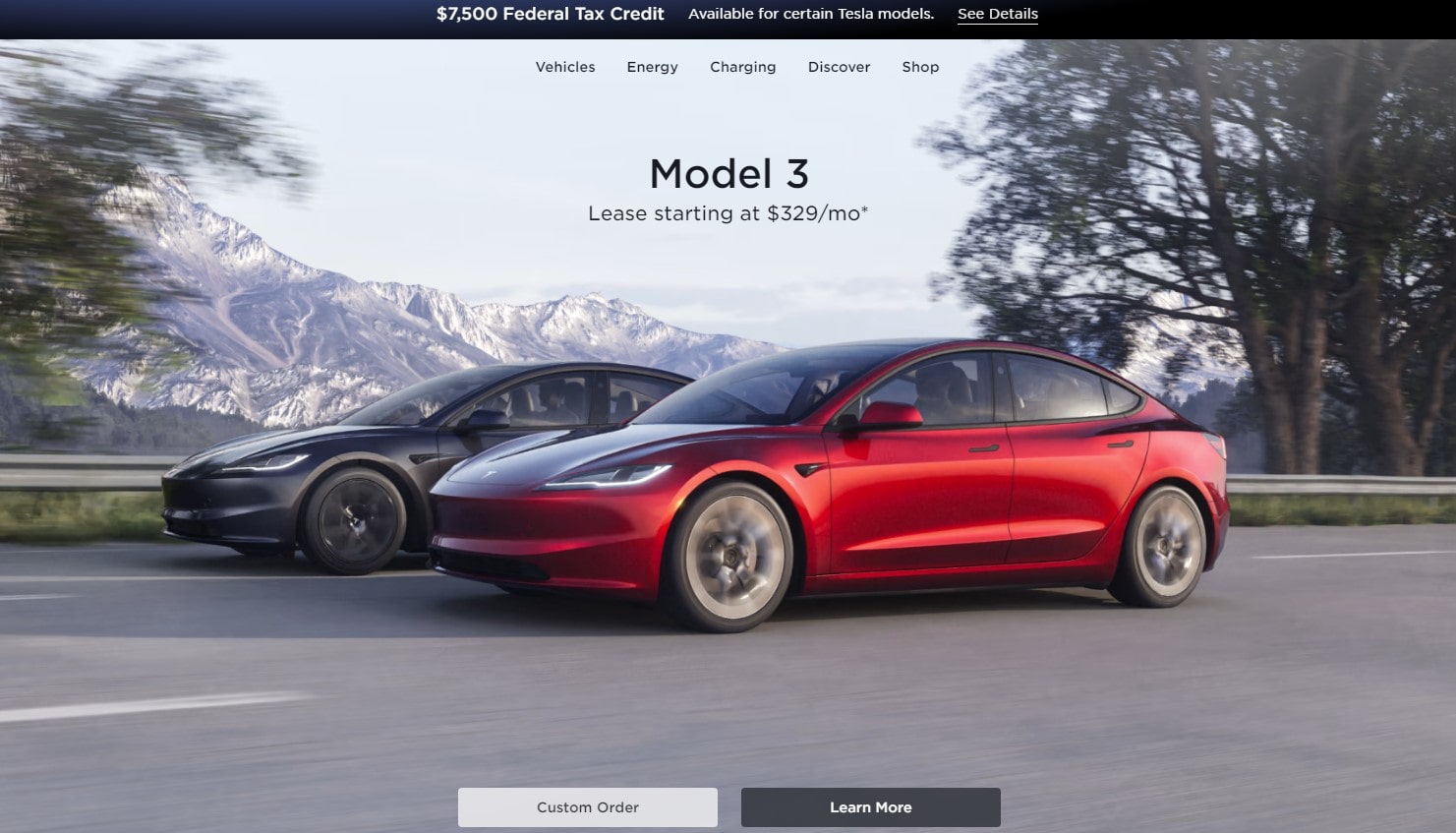
Tesla didn’t just create electric cars—it created a movement. Led by Elon Musk, Tesla’s innovations in renewable energy and sustainable transport set it apart.
In 2024, Tesla’s worth $885 billion, proving that eco-friendly doesn’t mean small-scale.
If your startup is aligned with sustainability, the future looks bright.
Finally
What’s the takeaway? Successful startups solve problems, adapt to challenges, and stay customer-focused. Whether it’s creating plant-based burgers or designing game-changing apps, every business success story begins with an idea.
So, what’s your startup dream? Maybe next time, your story will inspire the world.
